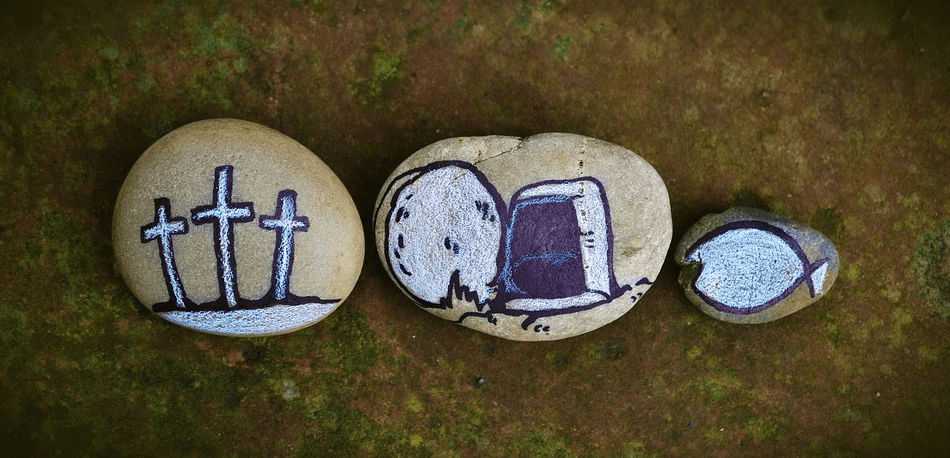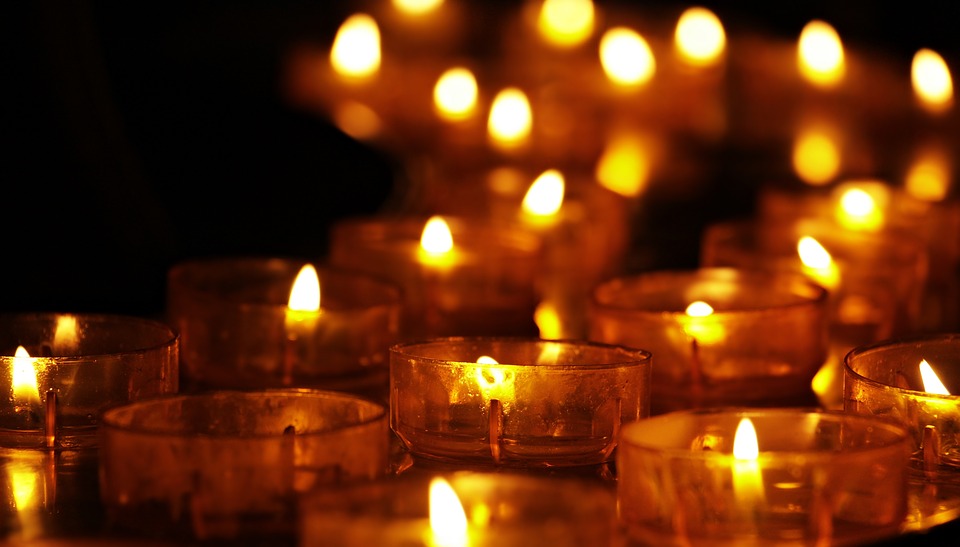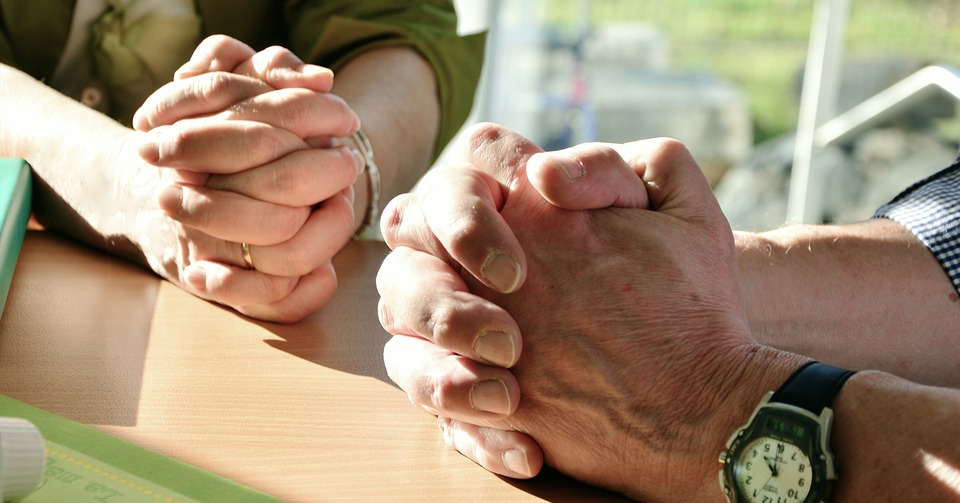
Twelfth Sunday after Pentecost
August 23, 2020
Today’s readings are:
Isaiah 51:1-6
Psalm 138
Romans 12:1-8
Matthew 16:13-20
If you don’t have a Bible handy, click here for these readings.
It seems to me pretty appropriate that our Gospel reading this week is about the Church? In just under a week, we’ll be electing a new bishop, the person who will lead, guide, and teach our part of the Church, our diocese, for the foreseeable future. During the past whole year pretty much, we’ve been thinking about our shared life together – how we live with one another, how we work together, how we hear God’s word to us in the Holy Spirit, in Scripture, in the Sacraments and in all the little (and no so little) urgings of God in our lives. And now, as all that thinking and praying and talking isa bout to culminate in our bishop election, here in this last week we read about Jesus, the church, and its foundation. It’s kinda miraculous, isn’t it?
Now, there’s a lot in this passage about the Church, but I want to touch on three elements of what the Church is: the people, a rock, and a gift.
First, rather obviously, the Church is a bunch of folks gathered together. And I don’t just mean any group of people – you can see a group of people gathered together, doing their own thing, at the super market. And you can see people gathered probably at every hour of the day on the roads around Portland. Humans are communal. We like hanging around with one another.
But the Church isn’t just people hanging out but a group of people called out, called to be something. That’s what the Greek word for Church means – ekklesia, those called or invited out. Now, we Christians, we people of the Church, are a lot of things: we may be lay or ordained, young or old, conservative or liberal. We may be for the Ducks or the Beavers or we might actually like baseball instead. Yet whatever the case, we’re called out to be something more, to found that ordained or lay identity, those conservative or liberal views, to found all that on something deeper: God. That’s an amazing thing, and I might even call it a miracle, that folks who, in the secular world, might look upon one another as enemies, that those folks have come together, have heard the call, have been gathered together for something more important: to love and to be loved by God, the Creator of Heaven and Earth.
And Jesus says something else. He doesn’t just call the Church the ekklesia, those who are called, but also petros, rock. The Church is a rock. Now, I don’t know about you, but I don’t feel very rock-like all the time. My life in Christ is kinda wibbledy-wobbledy. Sometimes my faith is super awesome. I feel like I really could move mountains. Then there’s other times, those low times, when my heart is filled with doubt, or fear, or foreboding, or hatred. The potential for evil is inside all of us, for we are human. We’re not as we should be.
And in those times the Church is a miracle. It is something to stand on. For the Church isn’t just a bunch of folks gathered together but two thousand years of thinking, praying, hoping, struggling, and longing for God. We have the voices of the saints who came before us, from St. Mary to old Harriet, who sat in the front pew every week and who just last week passed away. The Church is two thousand years of people’s responses to God, whether those responses are long treaties of theology or the music that lifts our voices and our hearts. The Church is Dante’s Divine Comedy, which begins in Hell and ends in the full Glory of God in Heaven; the Church is icons painted in gold and red, the Church is the tall, medieval churches of Europe and the tiny little one-roomed church in the fields of Tennessee, the first church I served, where (I kid you not) they locked the door by rolling a stone in front of it, then rolled it back to throw open the doors each and every Sunday. When I asked an old time parishioner, a woman who saw out little St. James through more decades then double my age, when I asked her what was Church for her, she said the sound of people leaving midnight service on Christmas eve singing carols into the cold and frosty air. The Church is a rock, something to stand on, something God gives us to stand on, in times of doubt, in joy, in longing, and in hope.
And, finally, the Church is a gift, but not just any old gift but a real gift, for real gifts also come with great responsibility.My dad often tells a story about when my older sister was born. He said, you know, I thought I knew about responsibility before I had kids. I held down a job, made my way in the world, even built my own house. But then, when your sister was born, the doctors put this little baby in my arms and I was like “Oh. no. I’m in trouble.” This baby needs me. She needs me so desperately. My life is tied to her life now. I have to be more.
God has placed a new-born infant in our arms, and the responsibility to that child is the Church. The Church is all of us: yes, definitely. The Church is all of our calls, individual and collective: yes. The Church is a rock where we can go for faith and hope and the presence of God: most certainly. But the Church is also a responsibility.
Jesus tells Peter that what is bound on earth is bound in heaven, and what is loosed on earth is loosed in heaven. In other words, what we do matters. What we do matters down to the depths of what we are as human beings. When the Church feeds someone, we don’t just fill their belly; we tend to the innate human longing for God. When we forgive someone, we’re not just making nice between two people or groups but caring for that essential relationship with a person and God Almighty. When we speak, it’s not just hot air coming out – or, rather, there’s the potential for that air to be something more than hot but to be the Voice of the Holy Spirit, the breath of life and healing and reconciliation beyond any boundaries. For the Church was born of that Spirit on Pentecost all but 2,000 years ago; and that Church has been sustained, encouraged, admonished, and given eternal life by that Spirit as well.
You are standing on holy ground. The Church is holy ground. You, being baptized in the Name of the Trinity, being buried with Jesus Christ and risen with him to new life; you are holy ground. That doesn’t mean that we won’t go wacky and mess up, but that the breath of the Spirit is always with us – lifting us up, lighting fires in our hearts, and planting us deep down in good soil of Life. How will you live that holiness as a challenge? How will you live it as a call to rest, to truly rest? How will you live that holiness as the promise and hope of God?




